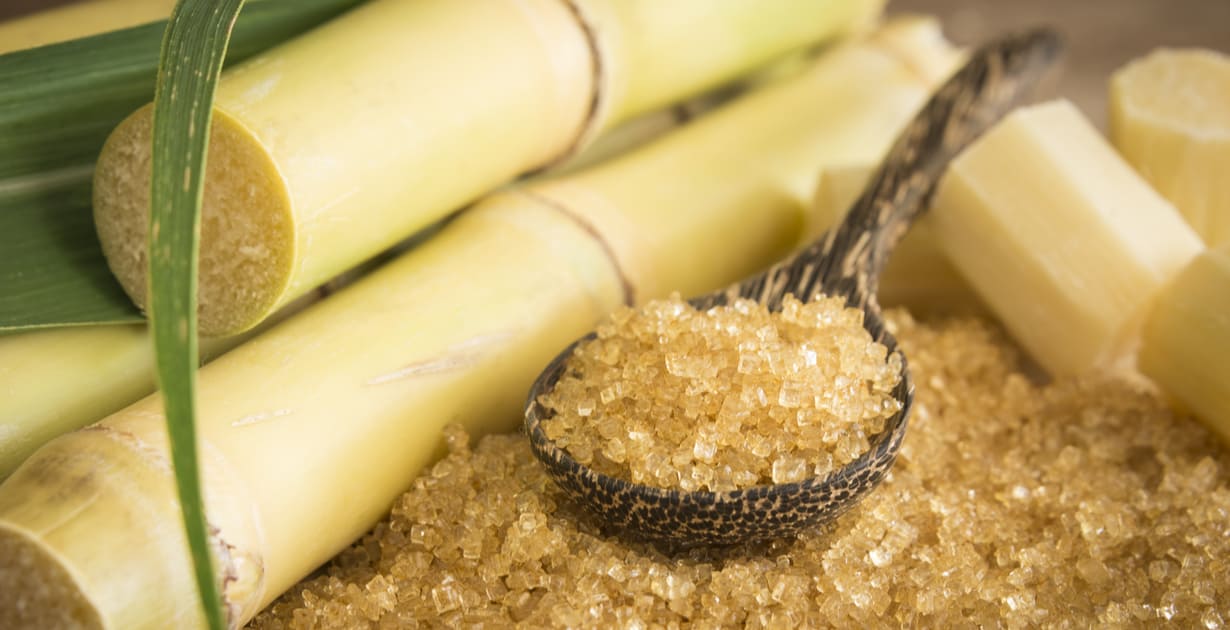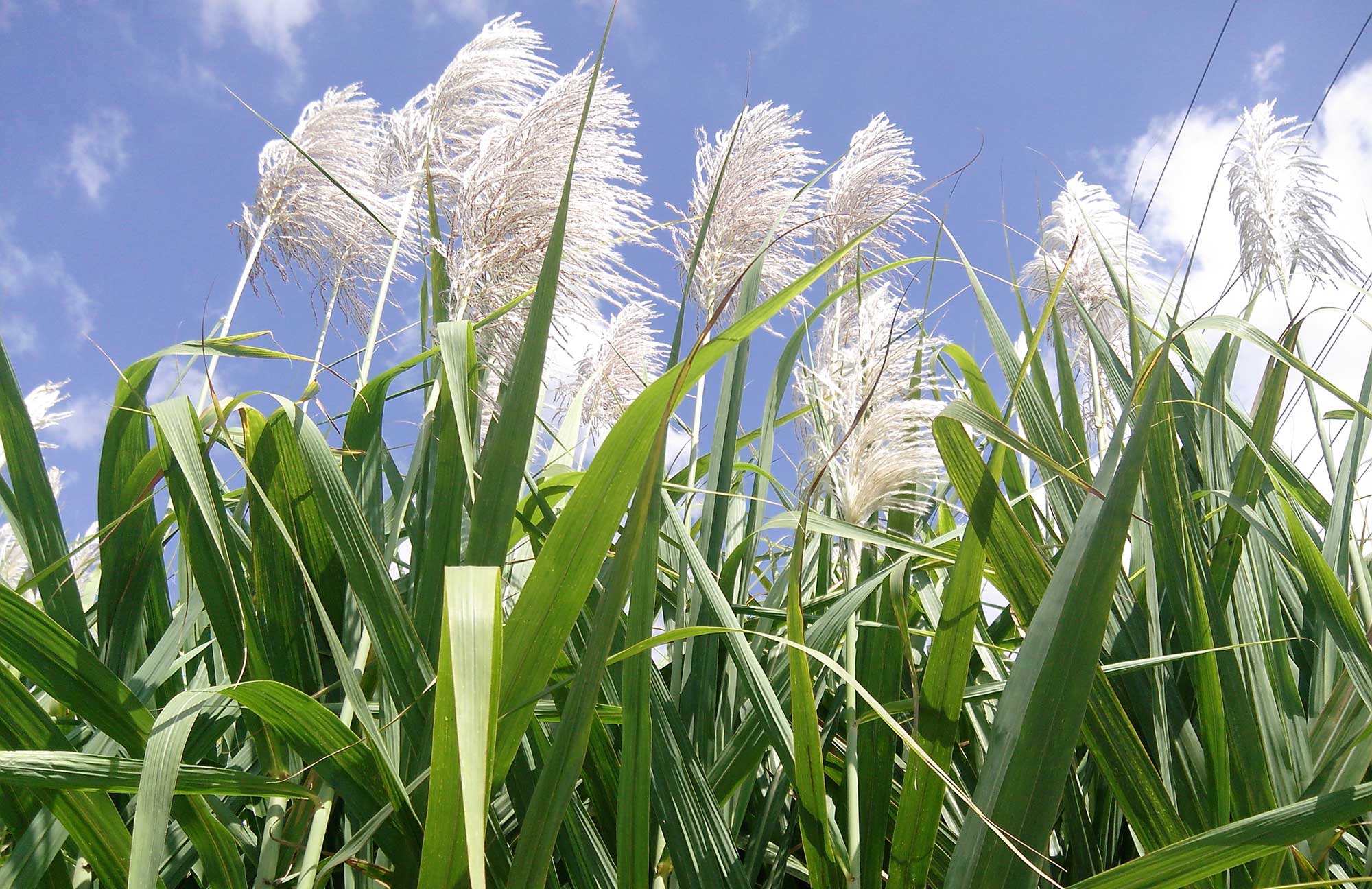Why Sugar and Cane Are Key Ingredients in Many Popular Beverages
Why Sugar and Cane Are Key Ingredients in Many Popular Beverages
Blog Article
Why Walking Stick Sugar Handling Chemicals Are Important for Modern Sugar Refining
The role of cane sugar processing chemicals in contemporary sugar refining can not be overstated, as they are indispensable to enhancing both the efficiency of extraction and the overall quality of the final product. Agents such as phosphoric acid and particular flocculants are used to get rid of contaminations, resulting in sugar that not only satisfies consumer expectations but also sticks to industry standards.
Role of Processing Chemicals
The efficacy of cane sugar handling pivots significantly on the strategic application of handling chemicals. These chemicals play an essential duty in enhancing the performance and top quality of sugar extraction and refining. From the preliminary stages of juice removal to the last purification steps, processing chemicals facilitate numerous important operations.
In the extraction stage, chemicals such as phosphoric acid and calcium hydroxide are utilized to optimize the clarification procedure, assisting to remove impurities and put on hold solids from the walking stick juice. This not just boosts the yield yet likewise guarantees the clearness of the last product. In addition, agents like flocculants aid in the rapid settling of impurities, therefore enhancing the overall procedure.
Turned on carbon and ion exchange resins serve to eliminate shade and smell, ensuring that the polished sugar satisfies consumer high quality standards. Therefore, the thorough selection and application of these chemicals are important for attaining ideal end results in cane sugar processing.
Secret Kinds of Chemicals
Cane sugar processing depends on a selection of vital chemicals that facilitate each stage of manufacturing. These chemicals play essential roles in clearing up, whitening, and purifying the sugar drawn out from walking stick.
One main classification of chemicals includes flocculants, such as polyacrylamide, which help in the information procedure by advertising the aggregation and settling of contaminations. Additionally, calcium hydroxide is typically used to reduce the effects of level of acidity and aid in the elimination of non-sugar parts.
Whitening representatives, such as turned on carbon and sulfur dioxide, are made use of to decolorize the syrup, causing a more clear final item. These chemicals assist get rid of color compounds that might influence the sugar's look and marketability.
Moreover, phosphoric acid functions as a pH regulator during the handling phases, making sure ideal problems for the chemical activities associated with sugar removal and filtration.
Other essential agents consist of edta (ethylenediaminetetraacetic acid), which chelates metal ions that can militarize undesirable responses, and sodium hydroxide, which assists in pH control throughout the refining procedure. Collectively, these chemicals boost effectiveness and make certain a high-quality walking cane sugar product.
Advantages for Sugar Quality
Often overlooked, making use of specific handling chemicals significantly boosts the general quality of walking stick sugar. These chemicals play a crucial function in refining procedures, guaranteeing that the end product fulfills rigid industry requirements for pureness and taste.

Furthermore, processing chemicals assist in attaining a consistent granulation and texture, which are crucial for consumer approval. By regulating the condensation procedure, these chemicals guarantee that the sugar crystals form uniformly, causing a more appealing item that liquifies well in various applications.
Moreover, using these chemicals can boost the life span of walking stick sugar by minimizing dampness absorption and microbial growth. In general, the strategic application of handling chemicals is necessary for providing high-quality cane sugar that fulfills consumer assumptions and market demands.
Ecological Influence Considerations

Moreover, the energy-intensive nature of sugar refining, compounded by chemical usage, commonly causes raised carbon exhausts. This adds to climate change and raises concerns concerning the sustainability of current refining practices. Additionally, the sourcing of these chemicals might entail methods that endanger biodiversity, such as monoculture farming, which minimizes the durability of agricultural environments.

To alleviate these effects, sugar refiners are progressively checking out lasting alternatives and embracing finest practices that minimize chemical use. Applying extensive environmental administration systems can aid guarantee that the refining procedure lines up with environmental criteria and advertises biodiversity. Eventually, a balanced approach that focuses on both sugar quality and ecological stewardship is essential for the long-term stability of the sugar market.
Future Trends in Refining
As the sugar market grapples click for more with the ecological difficulties associated with standard refining methods, ingenious strategies are arising to enhance both performance and this sustainability. One substantial pattern is the adoption of environment-friendly chemistry principles, which focus on making use of safe, eco-friendly processing chemicals. This change not just reduces ecological impact yet likewise addresses customer demand for cleaner production approaches.
One more appealing development is the application of advanced filtration modern technologies, such as membrane separation and adsorption procedures. These techniques boost the clarity and quality of the sugar while lowering the quantity of wastewater created throughout refining. Furthermore, the assimilation of digital technologies, including IoT and AI, is transforming operational efficiency by making it possible for real-time tracking and anticipating upkeep, thus reducing source waste.
Furthermore, making use of spin-offs from sugar refining, such as bagasse and molasses, is obtaining grip. These materials can be transformed into biofuels or value-added products, contributing to a round economic climate within the sector. Collectively, these fads indicate a change towards more sustainable methods that not only improve operational performance but additionally straighten with global sustainability goals, ensuring the future viability of sugar refining.
Conclusion
Walking cane sugar processing chemicals are vital in modern-day sugar refining, considerably enhancing the efficiency and high quality of sugar removal. The calculated use these chemicals not just improves the purity and taste of the last item but likewise makes certain regular crystallization and structure. As the market progressively prioritizes sustainability, the fostering of environmentally-friendly check these guys out processing agents is most likely to shape future trends in refining, ultimately leading to higher quality products and prolonged life span for customers.

Ultimately, a balanced technique that focuses on both sugar quality and ecological stewardship is necessary for the lasting viability of the sugar industry.
Walking cane sugar processing chemicals are necessary in contemporary sugar refining, substantially improving the effectiveness and top quality of sugar extraction.
Report this page